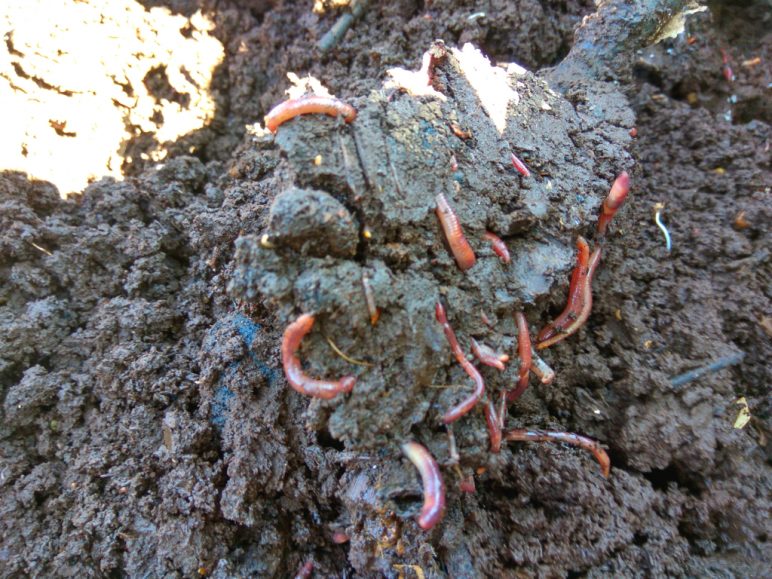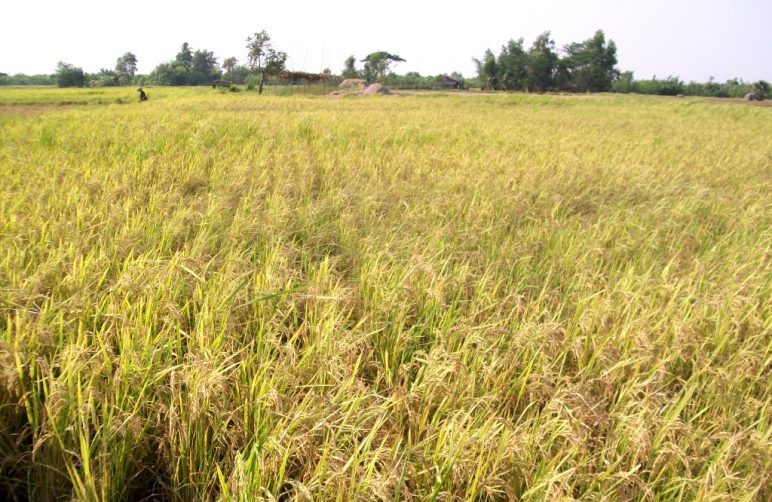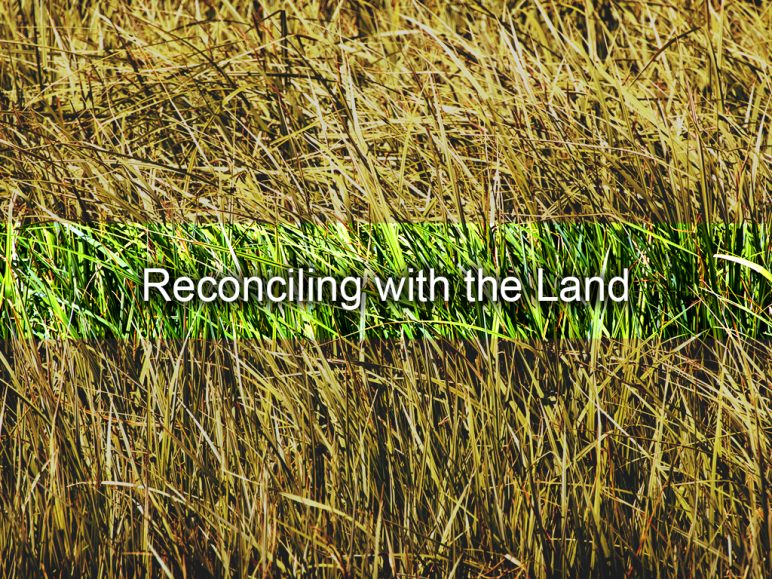Did you know that the tiny creatures living in the soil are beneficial to plants?
Week 3: Every Creeping Things on Earth


Did you know that the tiny creatures living in the soil are beneficial to plants?

Living in a metropolitan, we seldom pay attention on agricultural development. In fact, our lives are dependent on hard working farmers. Could you imagine what would happen if farmers all over the world take a one-week holiday?
Affected by chronic internal armed conflict, northern, southern and southeastern parts of Myanmar faced harmful consequences leading to destruction of community livelihood and land. Family can hardly stabilise their income, whereas many children were malnourished.
CEDAR’s partner, Myanmar Family Development Company Limited (MFDC), has been teaching community representatives from these areas organic farming methods that would restore soil quality and improve crop yield at their training centre near Yangon. In recent years, the training center began to apply teachings of the Bible to teach community representatives from these areas to practise crop rotation, in order to preserve Sabbath for land, recovery of soil quality and yield improvement.
Continue reading Week 2: Crop Rotation: Sabbath for the Land

Lent refers to the 40 days period (excluding Sundays) preceding Easter, during which Christians would involve in practical exercises such as praying, fasting, penance, abstinence, almsgiving, and practising self-denial to reflect and adapt a sacrificial, minimalistic, and caring lifestyle.
In the past few years, CEDAR has promoted the same idea of simplistic-living through different events and articles, encouraging brothers and sisters to live our lives on the foundation of Christ’s salvation and rebuild our relationships with God, with ourselves, with each other, and with the environment.
We will continue the practice this year and focus on the mission to reconcile with the land. We are going to reflect on our commitment in “liberating the creation from its bondage to decay and bringing it into the freedom and glory of the children of God” (Romans 8:21) through a 6-week ePrayer series, featuring CEDAR and its partners’ work examples.
Continue reading Week 1: Why Should We Reconcile with the Land?
CEDAR’s partner in Afghanistan set up women self-help group for marginalised women. Besides savings, the members also learn about about health and hygiene
Afghanistan is one of the most challenging places for women to live deemed by human rights organisations.
The bodies of women are conceived as culturally obscene. A grown woman must wear a head cover, and in traditional families, a burqa, covering them from head to toe and leaving them just a tiny mesh screen to see the outside world.
Even the names of women are disapproved of, it is a disgrace for men to call their wives by their name; hence, the wives are addressed as “someone’s mother/daughter”, “my chicken”, or “my goat”. Women’s names are not even allowed to be written on their gravestones. [1]